This coming Wednesday, Le Poisson Rouge is hosting a showcase for one of our favorite up and coming UK labels: Nonclassical.
The concert features the music of label founder Gabriel Prokofiev. Grandson of the great Russian composer Sergei Prokofiev, Gabriel is not only a mean turntablist; he provides a fascinating viewpoint on concert music with his “non classical” compositions. The Russian pianist GéNIA (great-great-grandniece of legendary pianist Vladmir Horowitz) will present selections from his Piano Book No. 1, which she recently recorded for the imprint.
The Piano Book reflects Prokofiev’s uneasy relationship with classical music. His usual penchant is for blurring the distinctions between his work as a DJ with more formal compositions – his concerto for turntables and orchestra is a good example. But here Prokofiev, doubtless in no small part due to GéNIA’s encouragement, crafts an engaging series of postmodern Character-Stücke. A piece such as “Rockaby” is instructive. It begins with lullaby signatures, articulated with somewhat portentous harmonies. This gradually evolves into aggressive “rocking” music: punk rock for the piano. The coda returns to the earlier ambience; but after all the ruckus, good luck getting back to sleep!
Also on hand is Joby Burgess (aka Powerplant). He’ll perform an excerpt from Import/Export, Prokofiev’s newest Nonclassical release. A CD/DVD double disc, I/E is a suite for “global junk” percussion, ranging from soda bottles to oil drums. The instrumental palette recalls some of the junkyard percussion efforts of Lou Harrison and Harry Partch. But Prokofiev’s music, and Powerplant’s performances thereof, rock more heartily!
Concert details, as well as a couple of teaser videos, are below.
Non Classical Showcase
Wed., July 21, 2010 / 6:30 PM
Tickets: $10
Le Poisson Rouge
158 Bleecker Street
New York, NY 10012
Phone: (212) 505-FISH (3474)
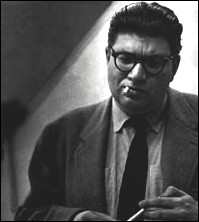
 The International Contemporary Ensemble will be featured at 7 PM tonight on
The International Contemporary Ensemble will be featured at 7 PM tonight on 
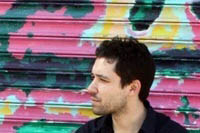
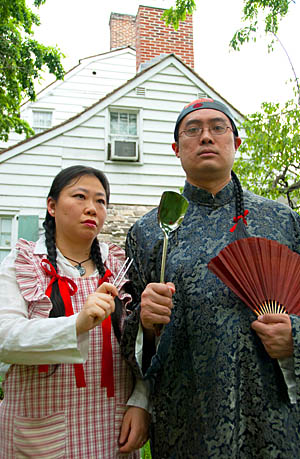
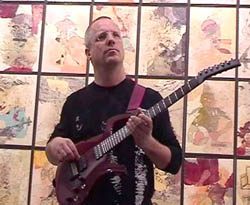 Amos Elkana
Amos Elkana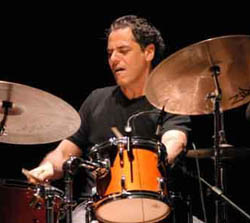

 I’m still reveling in the memory of So Percussion’s appearance with the Orchestra of the League of Composers
I’m still reveling in the memory of So Percussion’s appearance with the Orchestra of the League of Composers 
 DM: A long time ago I heard Malcolm play a solo violin improvisation at Carnegie Hall. I was floored by the sounds he got out of the instrument and the way he built a flowing piece on the spot out of all these extended techniques. I later found a string quartet by him, which we performed in 2008, I think. We loved the piece and, I’m happy to say, he was pleased with the performance. We got to talking about having him write a piece for Locrian and “The Sky…” is the result of that. The commission came through the Canada Council. (Malcolm lives in Montreal.) The piece, like most of his works, is a set of coordinated improvisations.
DM: A long time ago I heard Malcolm play a solo violin improvisation at Carnegie Hall. I was floored by the sounds he got out of the instrument and the way he built a flowing piece on the spot out of all these extended techniques. I later found a string quartet by him, which we performed in 2008, I think. We loved the piece and, I’m happy to say, he was pleased with the performance. We got to talking about having him write a piece for Locrian and “The Sky…” is the result of that. The commission came through the Canada Council. (Malcolm lives in Montreal.) The piece, like most of his works, is a set of coordinated improvisations.